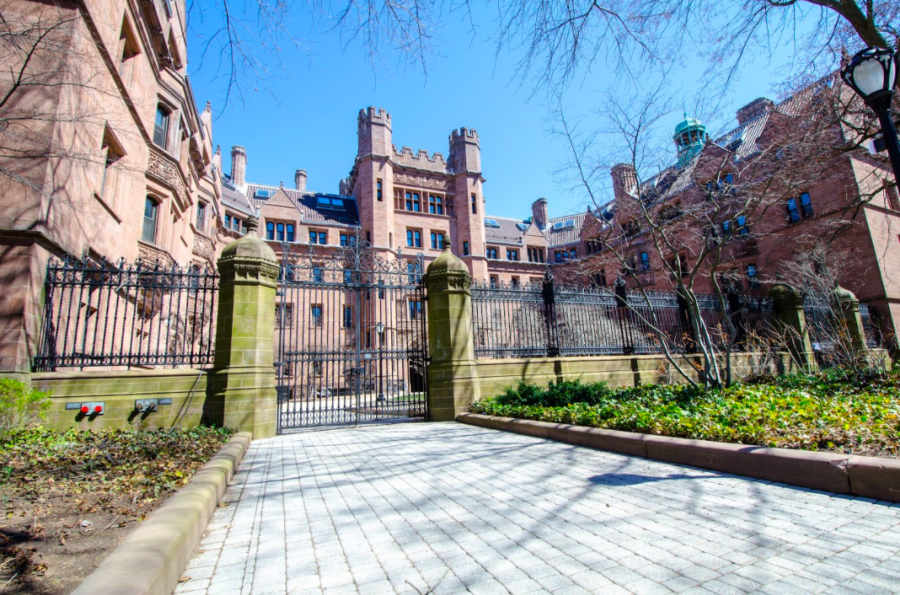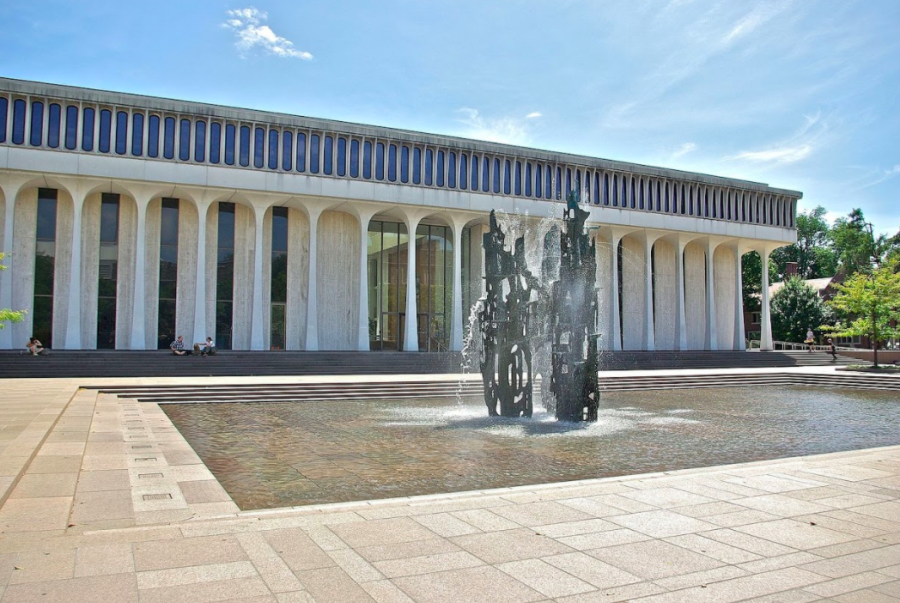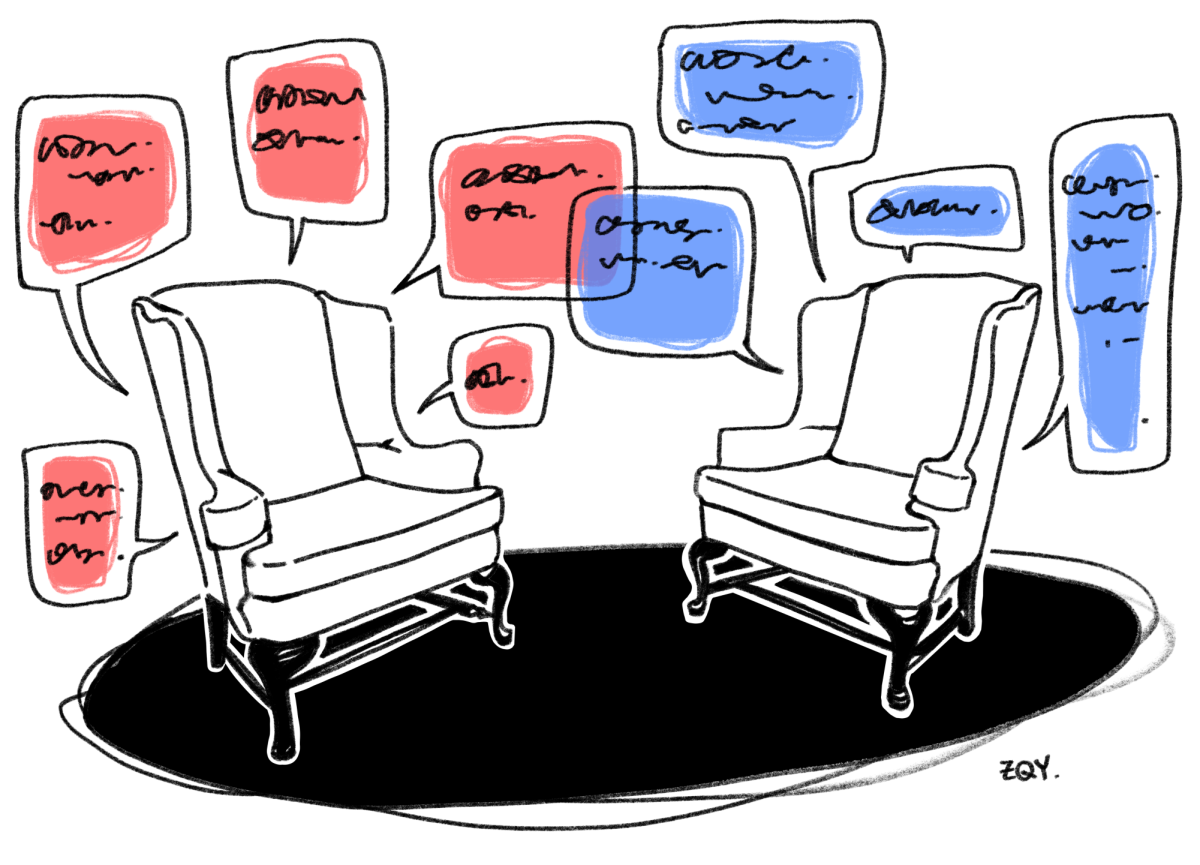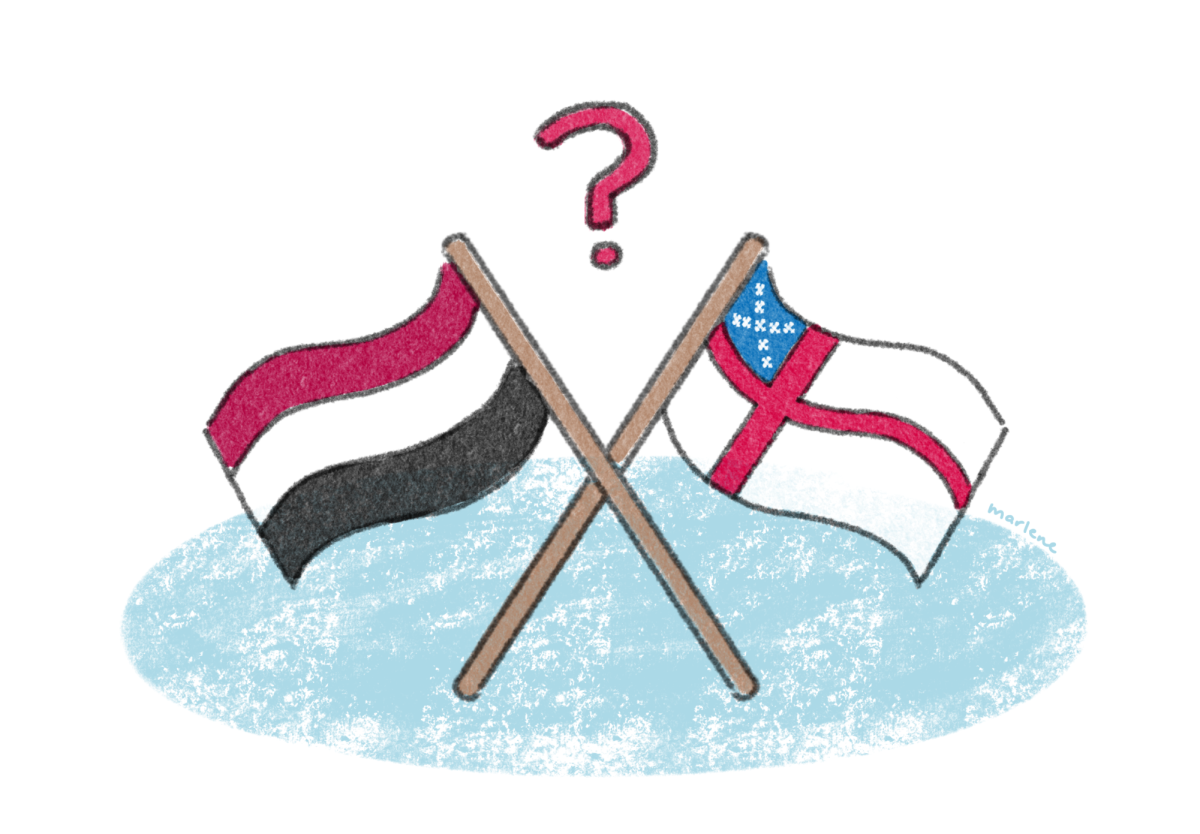(Written May 2022)
Since the beginning of the pandemic, China has attempted to one-up the West with its grandiose interventions: city-wide, ghost-town-esque lockdowns. As the pandemic progresses, however, the zero-covid policy – pride and joy of the PRC – has transformed Shanghai from a lively, bustling hub to a city of apocalyptic clutter. Abandoned warehouses have become eerie centers of military-enforced quarantine, and stringent restrictions prevent civilians from accessing vital medicines. Yet the Party, insistent that the zero-covid policy proves the superiority of Chinese socialism, refuses to make any changes.
Digging deeper into China’s frustrating stubbornness, we find an issue equally present in autocratic and liberal countries alike: a unique, contemporary, and destructive nationalism that has arisen over the last few decades. A product of hostility towards other countries, states have descended into a historical level of wariness, resulting in the precarious maintenance of twisted national identity. The Chinese Covid-19 response serves to show how destructive a strong sense of nationalism has become in our globalized world.
France’s election, a major stakeholder in our world’s state of balance, had the same predicament. A slightly different outcome of the suspenseful election between Putin sympathizer Marine Le Pen and centrist Emmanuel Macron – Macron won by a margin of 15% – would have meant many things for Europe: French Muslims and immigrants would have lost crucial rights, and French support for Ukraine would have plummeted. The cause? Le Pen’s harmful nationalist ideologies. Her campaign urged prominent national figures to keep their positions, regardless of antisemitic or racist beliefs, in an attempt to maintain her nation’s image.
Le Pen’s meticulous scrubbing of France’s reputation, as well as China’s rash assertions of dominance, embody the feverish defensiveness that plagues our world today. This defensiveness leads to a confused understanding of nationalism, as well as desperate attempts to hold onto it. Assertion of prowess has become muddled with patriotism, and two predominant concepts of nationalism – civic and ethnic – have become intermingled. The former refers to identification with national citizenship, while the latter refers to identification with a nation’s presumed culture – a crucial distinction to make when considering the nature of national constitution.
Over the last two decades, nationalism has evolved into a new form: not fundamentally ethnic, but insecure and reliant on the economic stability of the country. Nations have long established a prioritization of self-protection and self-interest within the global economy, and as the economy has grown more volatile, nations are shifting their attention between capitalist expansion and protective economic isolation. Internal national sentiment unconsciously grows to reflect its nations’ perspectives; thus, alternating stances on foreign hostility force populations to form a correspondingly defensive attitude, which manifests in civic, ethnic, or aggressive nationalism. Particularly alarming are ethnic and aggressive nationalism: they appear at the root of many of the world’s largest problems today, from economic alienation between liberal and autocratic countries to Russia’s nationalist justification for invading Ukraine.
The modern generalization of nationalism is no more than a social illusion, and our dependence on its existence leads to countless sociological problems. In a desperate grasp for national identity, much of the world has settled into a belligerent, vaguely defined form of nationalism, simplified from its complex interpersonal elements. This simplification leaves the people susceptible to both nationalist propaganda and political incompetence: for instance, as stated by Dr. Lo Ming-Cheng, professor of East Asian Studies at UCDavis, Hong Kong and Taiwanese civilians often experience great difficulty in differentiating their civic identities from their superficial role in the electorate. National identity, like any other form of identity, is comforting, but cannot be relied on in a world where nations’ cultures are estranged from their geopolitical states.











